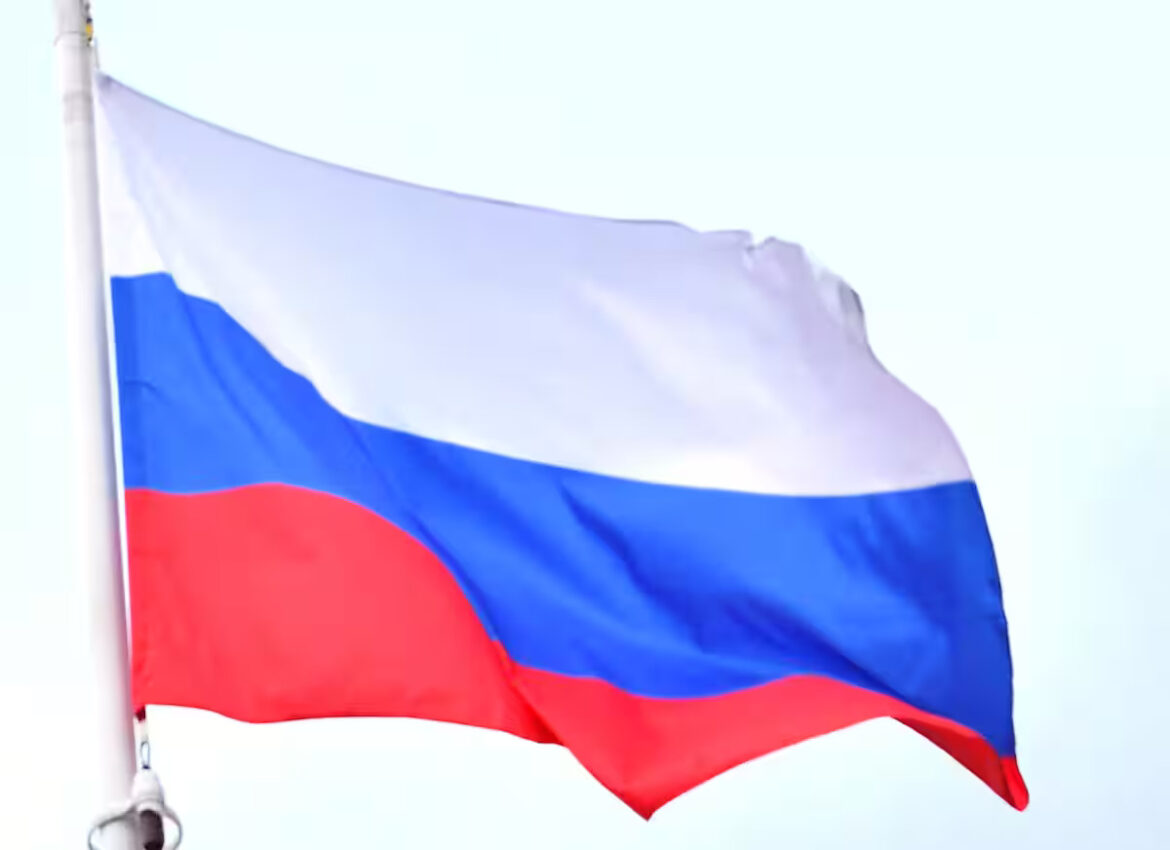In a new round of sanctions, Russia has added 30 Japanese nationals to its entry ban list, mainly targeting members of the media and academia, the Foreign Ministry announced on November 11.
According to Russian authorities, the move is part of an ongoing series of sanctions against Japan that began following Moscow’s invasion of Ukraine in February 2022.
The latest additions include journalists from major outlets such as Nihon Keizai Shimbun (Nikkei), Yomiuri Shimbun, Asahi Shimbun, Fuji TV, and TBS. Among these, Nikkei had the largest number of names, nine in total, while Yomiuri Shimbun had three.
Moscow has described Japan’s alignment with Western sanctions over Ukraine as “hostile.” Tokyo has condemned Russia’s invasion and joined G7 measures freezing Russian assets and restricting trade.
Continued expansion of the entry ban underscores the ongoing chill in Japan–Russia relations, which have shown little sign of improvement since 2022.
Takaichi Among Those Previously Sanctioned
This new round follows several earlier waves of Russian sanctions. In May 2022, Russia imposed its first entry bans on 63 Japanese nationals, including political, media, and academic figures. The list featured then–Prime Minister Fumio Kishida, Foreign Minister Yoshimasa Hayashi, and the current Prime Minister Sanae Takaichi, who was then chair of the Liberal Democratic Party’s Policy Research Council.
Takaichi reacted defiantly on Twitter (now X), writing:
“Fine by me! It’s not like I’d go even if they invited me!”
Sankei Shimbun Slips in Ranking
Among the 12 media representatives sanctioned in 2022, The Sankei Shimbun had the most, with four names:
Hirohiko Iizuka (then president), Tetsuji Kondo (managing director), Tsutomu Saito (editorial advisor), and Ryosuke Endo (deputy foreign news editor and editorial writer).
Endo was the only active journalist from a major Japanese media outlet to appear on the Russian sanctions list at that time. In addition, three contributors to Seiron, Sankei’s opinion magazine, were also included, among them Professor Matake Kamiya of the National Defense Academy.
For comparison, Nikkei had three people listed, and Yomiuri two. Neither Asahi, Mainichi Shimbun, nor NHK had staff included on the 2022 list.
 Yu Koizumi, Associate Professor at the University of Tokyo’s Institute for Advanced Science and Technology, and Yuichi Hosoya, Professor at Keio University, were also on the list.
Yu Koizumi, Associate Professor at the University of Tokyo’s Institute for Advanced Science and Technology, and Yuichi Hosoya, Professor at Keio University, were also on the list.
Sankei’s Endo later received the 2023 Vaughn–Uyeda Memorial International Journalistic Prize for his reporting from Ukraine.
 Kremlin Angst Toward Sankei
Kremlin Angst Toward Sankei
The Sankei Shimbun’s inclusion among sanctioned outlets reflects years of friction with the Kremlin. In March 2021, Putin’s spokesman Dmitry Peskov publicly condemned a Sankei editorial, later published in English on JAPAN Forward. It criticized Russia’s constitutional changes blocking the return of Japan’s Northern Territories. Calling the paper “radical,” Peskov famously told reporters, “Please don’t read media like this.”
JAPAN Forward Editor-in-Chief Yasuo Naito, who served as Sankei’s Moscow correspondent in 2006, recalled that Kremlin pressure on the newspaper was nothing new. Years earlier, Russian officials even hinted at expelling him over critical reporting — “but in the end, they didn’t,” he said, adding that perhaps they “simply forgot, or chose not to mention it [further] for their own reasons.”
Subsequent Sanction Waves
Russia has expanded its sanctions several times in the years that followed. In July 2022, Moscow barred 384 members of Japan’s Lower House, accusing them of “baselessly condemning” Russia and taking an “unfriendly stance.”
Two years later, in July 2024, the Kremlin extended its entry bans to 13 prominent figures. These included Akihiko Tanaka, president of the Japan International Cooperation Agency (JICA), Hiroshi Mikitani, chairman and CEO of Rakuten Group, and Akio Toyoda, chairman of Toyota Motor Corporation.
More recently, in March 2025, another nine government and corporate officials were added. Among them were Foreign Minister (at the time) Takeshi Iwaya, Ambassador to Ukraine Masashi Nakagome, former Ambassador Kuninori Matsuda, JICA’s Ukraine Office Director Hideki Matsunaga, and IHI Corporation President Hiroshi Ide.
 RELATED:
RELATED:
(Read the article in Japanese.)
Author: The Sankei Shimbun
Continue Reading


AloJapan.com